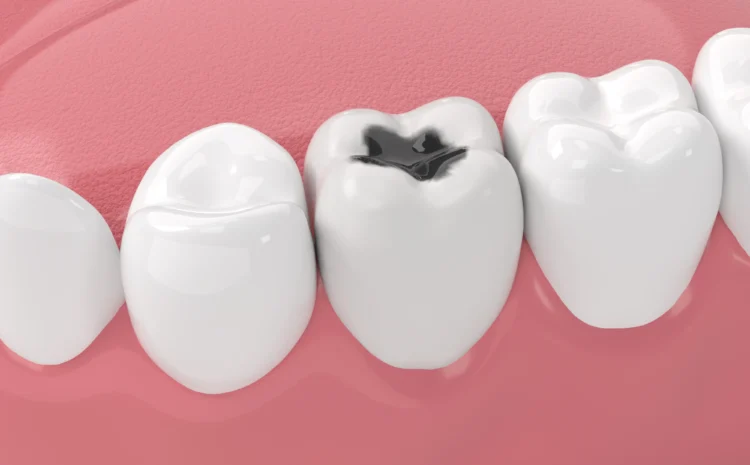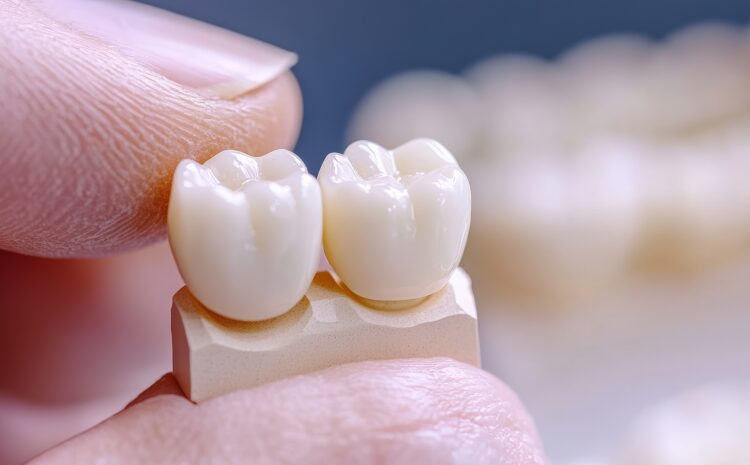
Clicking To Lock Jaw – TMDS
Do you know what the TMJ is?
TMJ stands for the Temporomandibular Joint – the joint connecting your jawbone to your skull. It acts as a hinge, allowing you to open and close your mouth, as well as move your jaw from side to side. The temporomandibular joint plays a crucial role in various activities such as talking, eating, and facial expressions. If you experience issues with your TMJ, it’s essential to seek professional help from a Prosthodontist in Navi Mumbai who specializes in treating disorders related to the jaw joint and surrounding structures.
Comprising two condyles nestled into sockets within the skull bone, the temporomandibular joint (TMJ) mirrors the structure of other joints in the body. Similar to other joints, an articular disc and fluid bridge the gap between the condyle and the socket, facilitating smooth and coordinated jaw movement. Prosthodontist in Navi Mumbai specialize in treating conditions related to the TMJ, offering expertise in diagnosing and managing disorders that affect jaw function and comfort.
Distinct from other joints in the body, the TMJ, as explained by a Prosthodontist in Navi Mumbai, has the ability to move or transverse from its socket during certain movements. This mobility is made possible by a network of ligaments and muscles that support the condyle, connecting it to the bone of the skull that forms the socket.
What are TMDs and what Causes them?
Disruptions in the delicate equilibrium among the TMJ condyle, the socket, and associated muscles and ligaments can lead to a group of conditions known as Temporomandibular Joint Disorders or TMDs.
The two primary Types of TMDs
- TMD with Reduction: In this type, the articular disc between the condyle and socket moves forward of the joint, creating a temporary blockage. The condyle can manoeuvre around it, resulting in mild pain often accompanied by clicking sounds.
- TMD without Reduction: Here, the disc remains forward, impeding the condyle’s movement and causing pain with limited or no mouth opening. Occasionally, the condyle might bypass the disc but may become ‘locked’ outside the socket, leading to a condition commonly known as Lockjaw. In this scenario, the mouth remains open, and the patient struggles to close it.
Treatment of TMDs
The effective treatment of TMDs hinges on the specific type of disorder and requires the expertise of an experienced Prosthodontist.
With TMDs categorized into types such as those with or without reduction, a skilled Prosthodontist in Navi Mumbai can tailor a targeted treatment plan. The management of TMDs may involve therapies to alleviate symptoms, such as jaw exercises, medications, or the use of oral appliances. In severe cases, advanced interventions like surgery might be considered. Prosthodontists play a crucial role in assessing the nuances of each case, offering personalized solutions, and guiding patients towards optimal recovery, ensuring that TMD treatment is both effective and tailored to individual needs.



